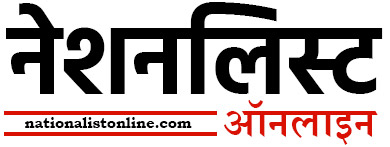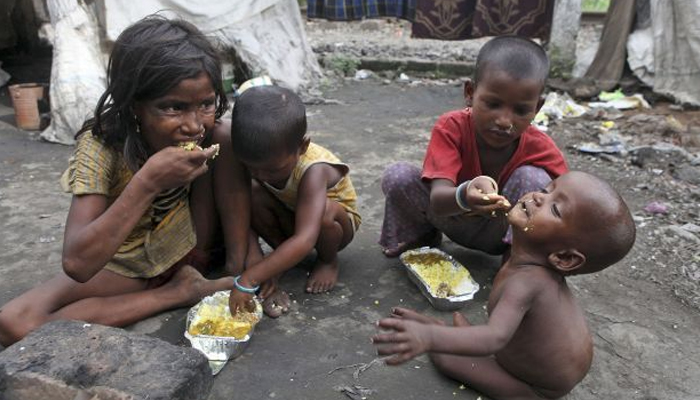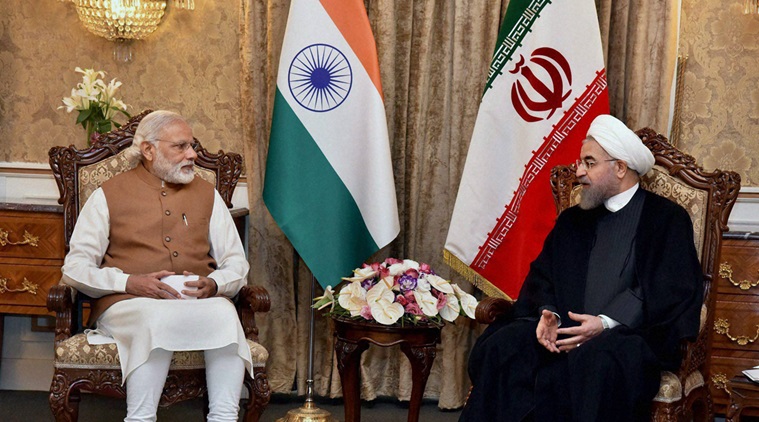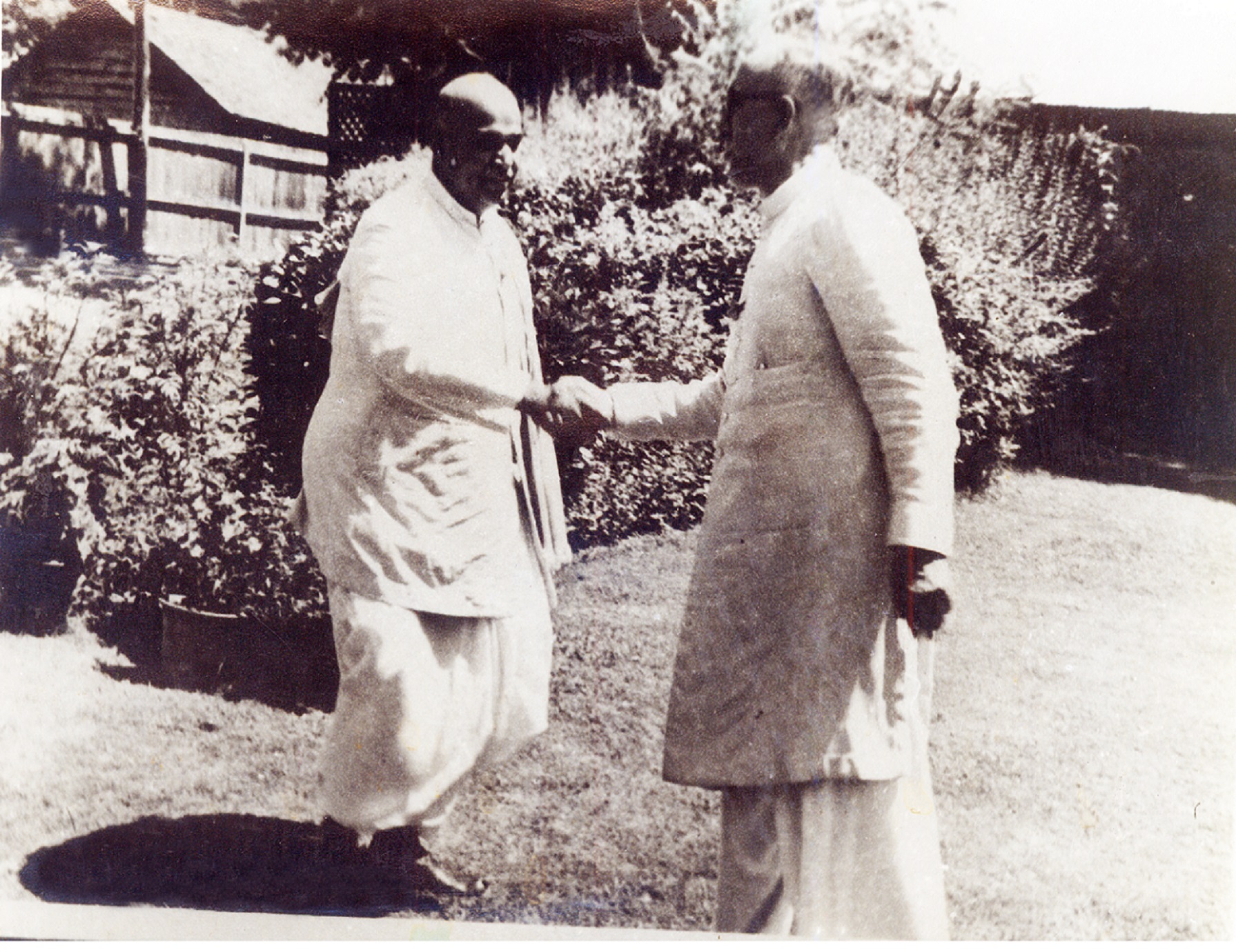Anant Vijay
Recently, Union Minister of State for External Affairs VK Singh shot off a request letter to Urban Development Minister M Venkaiah Naidu to rename Akbar Road of Delhi. He also proposed to rename it as Maharana Pratap Road. This news was flashed and within a few hours film star Rishi Kapoor posted number of tweets attacking Nehru-Gandhi family. Rishi Kapoor asked questions why roads, airports and government buildings are not being named after artists. Rishi Kapoor’s tweets were discussed at length in the Media. Points and counter points were given. But the basic question remains unanswered as to why no importance was given to writers and artists while naming the roads and buildings. Did you ever see an airport or big government building named after Premchand, the great Hindi writer or Nirala, the great Hindi poet or RK Laxman, the great cartoonist or Bharat Ratna Ustad Bismillah Khan, the great Shehnai maestro.
Minister M Venkaiah Naidu to rename Akbar Road of Delhi. He also proposed to rename it as Maharana Pratap Road. This news was flashed and within a few hours film star Rishi Kapoor posted number of tweets attacking Nehru-Gandhi family. Rishi Kapoor asked questions why roads, airports and government buildings are not being named after artists. Rishi Kapoor’s tweets were discussed at length in the Media. Points and counter points were given. But the basic question remains unanswered as to why no importance was given to writers and artists while naming the roads and buildings. Did you ever see an airport or big government building named after Premchand, the great Hindi writer or Nirala, the great Hindi poet or RK Laxman, the great cartoonist or Bharat Ratna Ustad Bismillah Khan, the great Shehnai maestro.
The answer is a big ‘NO’. Why this approach towards the writer and artist fraternity? We have to think very seriously on this apathy of the ruling class towards writers and artists. Is this the exclusive domain of politicians only? Roads in Delhi are named after small time Netas but Tagore and Nirad Chaudhury or Bhairappa did not get this privilege. There is Subramaniam Bharti Marg, Amrita Shergill Marg, but is this sufficient? Only the building of Sahitya Akademi is named as Ravindra Bhawan. Apart from that, I could not remember any building named after any great literary personality. Is it the Netas’ privilege to get the roads named after them or their seniors in politics? Do we have any responsibility towards our writers and artists? Is the country not indebted to the writers and artists who made this country great by their creative writings? Didn’t they make us hold our head high in the world? Now the time has come for a national debate on naming the roads and governments buildings.
When we analyse the apathy of the political class towards writing community, we find that after the independence writers were given due credit and respect by the political class. Writers were nominated to Rajya Sabha and their voices were heard by politicians. Hindi poet Ramdhari Singh Dinkar was such a meritorious personality that he was given the title of Rashtra Kavi. Indian language writers were also given respect. After that, film personalities started getting nominations in Rajya Sabha. Writers were pushed on the back stage.
The last Hindi writer nominated to Rajya sabha was Vidya Niwas Mishra, who was nominated by Atal Bihari Vajpayee government. After that, sports personalities, film personalities and journalists got nominations but not any Hindi writer.
If we analyse the reason behind widening of the gap between politicians and writers we reach numerous reasons. But the root cause of this goes back to the last years of the seventh decade. Under the influence of an ideology, writers started sharing the dais with the politicians. This movement of not sharing the dais with Netas were promoted by those who always see to Ajoy Bhawan for their writings. Few years back, the living legend of Hindi criticism Namvar Singh released the autobiography of Pappu Yadav. Namvar Singh was lynched by many writers. By not sharing the dais with politicians, writers with certain ideology stopped the exchange of ideas between the two. The imported ideology also put a barrier for promotion of our glorious culture and writings. We forgot our cultural heritage and started propagating the imported writings. This left the Marxist writers to follow their masters and they become their masters voice. No Marxist poet had the courage to write like Dinkar who was free from ideological slavery.
He wrote – Martya manav ki Vijay ka turya hu main, Uravashi, Apne samamy ka surya hun main (I am the sun of my time). When any writer had the guts to write these types of lines, the strength came from the rich cultural tradition. Dinkar possessed that. His master piece ‘Sanskriti ke char adhyay’ was sidelined by the imported ideology critics.
For this sorry state of writers, the ideology is to be blamed which was imposed on Indian literature. When literary persons stood in favour of one political class and for decades advocated their ideology they lost respect. This happened in India under the patronage of Progressive and Janwadi writers associations. This harmed the literature as well as the reputation of the writers.
In fact, writers have to be neutral but in the last four to five decades very often writer under the forced influence of Marxist writers left this neutrality and became the torch bearer of leftists. Namvar Singh, who was criticised by the leftists for releasing the book of Pappu Yadav, was the torch bearer of left ideology. He even fought and lost the Lok Sabha election on CPI ticket. But that political party never cared about Namvar Singh. They were in power for many years in West Bengal and Kerala but never thought of sending him to Rajya Sabha. Even the mediocres were nominated but not Mr Singh.
Now the time has come to make a policy on naming the roads, airports and government buildings. While making this policy, the government must also take into account the contribution of writers and artists. It would be better to form a committee which suggests the local authorities about naming the roads, etc. It would be better to have a nominee from literature, art and culture in that committee. If the present government makes a policy on naming the roads and buildings then this monopoly of naming schemes and roads etc can be curbed, otherwise this whimsical approach continues and angry tweets or comments will continue to come.
(Writer works with IBN7)






